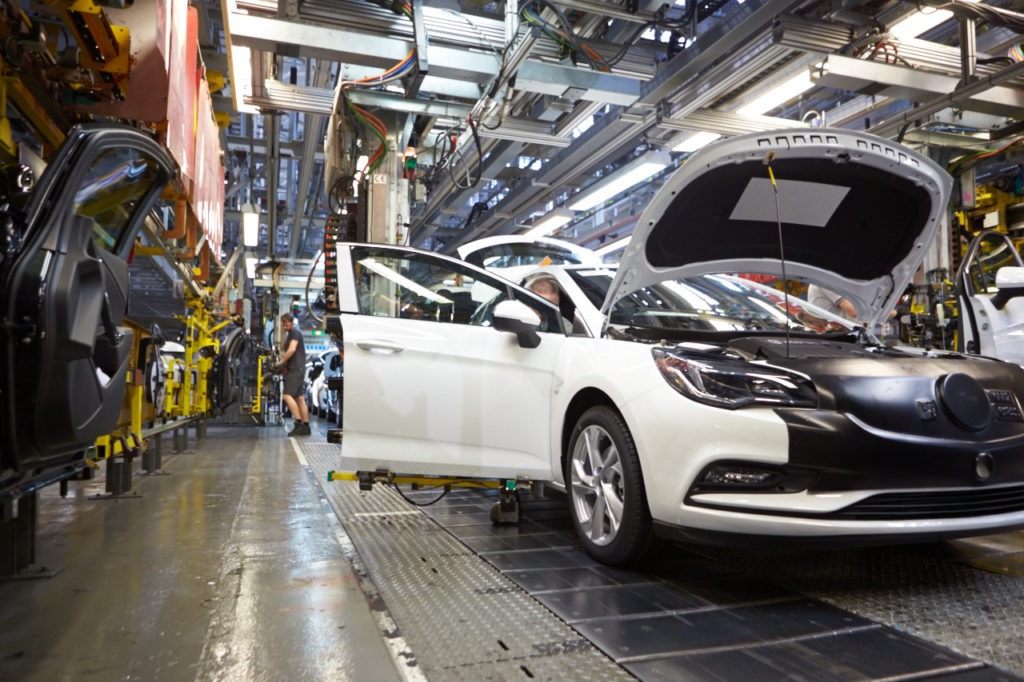Opel may share engines with PSA Group in cost-cutting measures
29 September 2017

29 September 2017
Following the acquisition of Opel by French automotive manufacturer PSA Group, a number of plans have been put together to cut costs at the loss making German manufacturer.
While an official plan will not be released until November, it is clear that a number of key decisions must be made in order to bring the company, which in Q2 2017 posted losses of €210 million, back to profitability. One area that can save money is in platform sharing. Now, PSA’s development chief has hinted that this is the future plan, along with an engine sharing scheme that could lead to Opel plants being reduced or shut.
Gilles Le Borgne told German publication Automobilwoche: ′We will gradually start using PSA platforms and engines in the Opel model line-up. This won’t happen overnight, and will take a few years to complete.’
The withdrawal of some Opel engines could begin soon. Just a few days after PSA bought Opel from General Motors (GM), experts from PSA and Opel met to discuss the status of engine development, Le Borgne adds: ′All of our PSA engines to this point meet the legal requirements in all the markets where we do business, and we will ensure that this is also the case for Opel engines.’
However, the French company has left the door open for any further use of engines from the German car maker, while drawing on the experience developed by PSA through its own restructuring process. The engine switch will also mean payments to GM for rights and patents in technology can be reduced or stopped completely, complementing a cost-cutting plan. There are also discussions concerning moving Opel to an electric only brand, similar to Volvo, which will remove internal combustion only engines from sale in 2019.
An end to any engine building and development would affect the Ruesselsheim development plant and a component plant in Kaiserslautern, both in Germany, as well as factories in Tychy, Poland, Szentgotthard, Hungary, and Aspern, Austria.
PSA Group CEO Carlos Tavares recently visited the Ruesselsheim plant and commented that he had found it, as well as one in Zaragoza in Spain, to be ′less efficient’ than the French firm’s own facilities. The German factory is currently running at 51% of its capacity. The engine development centre went into operation in October 2016 with a €210 million investment by GM, and employs 800 engineers.
′All Opel models are being developed in Ruesselsheim,’ Le Borgne said, but there won’t be any duplicate development work between PSA and Opel. ′We will create competency centres that have clear responsibilities.’ But there has been no decision on the competencies that will continue to be based in Ruesselsheim, he said.
There are already questions as to whether PSA will continue with production of the Astra at the Vauxhall plant located at Ellesmere Port in the UK, with the next generation expected in 2021. PSA plants in France are set up to build models of a similar size, and with Brexit bringing potential tariffs on imports and exports, production could be shifted to aid in cost-cutting measures.
Photograph courtesy of Opel